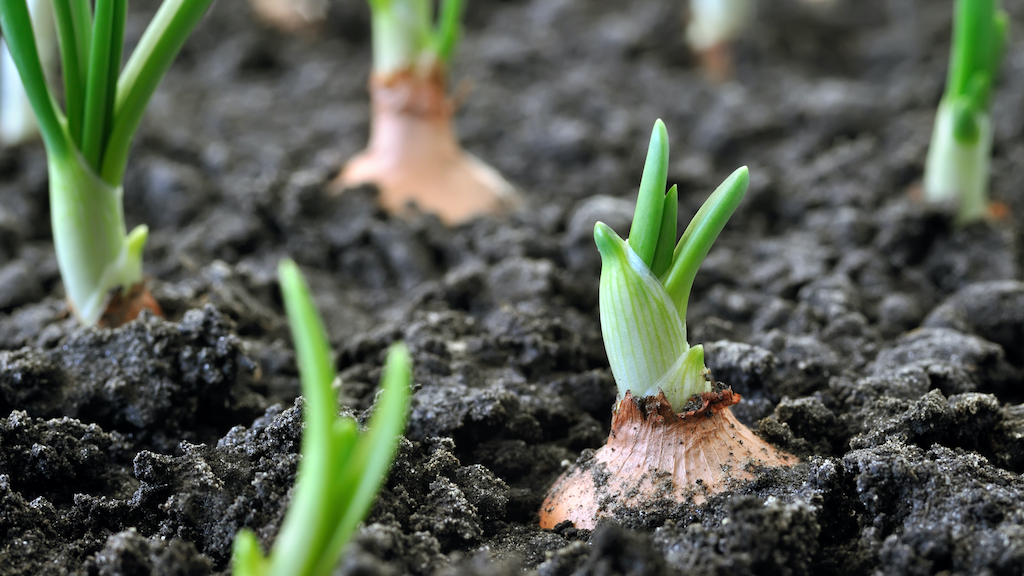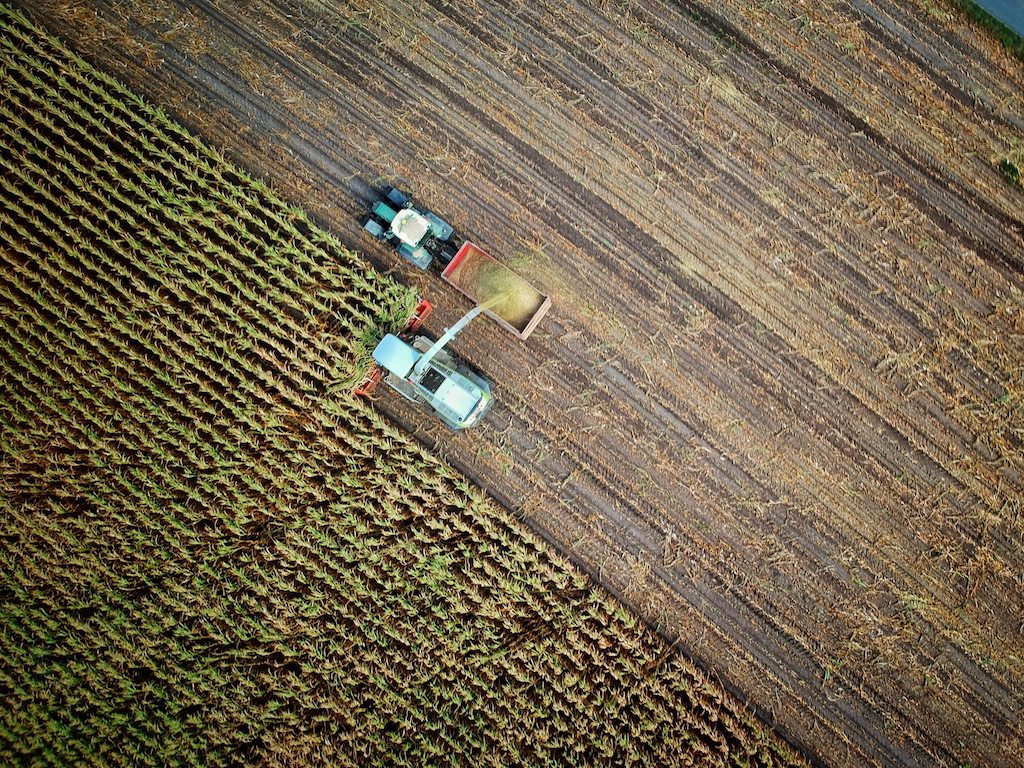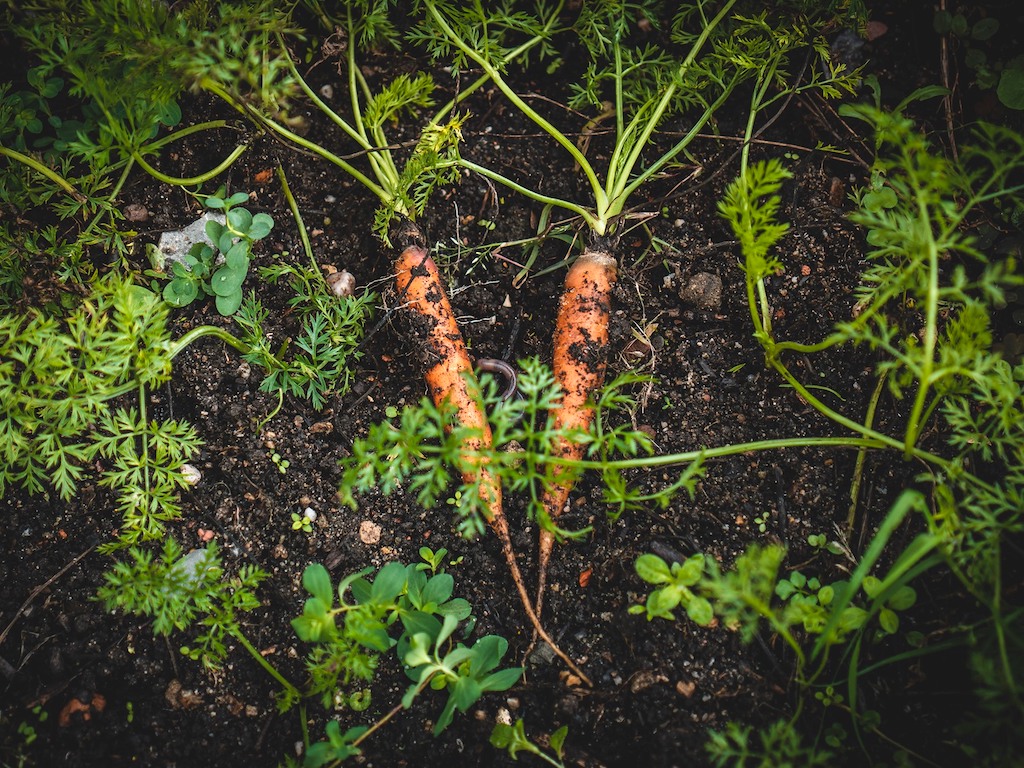4 Mins Read
While organic agriculture has long been hailed as key to building a sustainable food system, a new study pinpoints the critical role that it could play in combating climate change. In a meta-analysis of over 4,000 studies, researchers found that best management organic farming practices could lead to a significant double-digit increase in the amount of carbon captured in soil.
Organic farmers could be amplifying their positive climate impact by adopting the best agricultural practices to boost carbon sequestration. The study, undertaken by scientists at the University of Maryland in collaboration with Washington D.C.-based nonprofit research organisation The Organic Center and published in the journal Agriculture, Ecosystems and Environment, found that the amount of carbon captured in soil increased by 18%, while the amount of microbial biomass carbon storage went up by 30%.
Over 4,000 scientific articles were included in the meta-analysis led by Professor Kate Tully and Dr. Rob Crystal-Ornelas to identify the specific carbon-building techniques that farmers could implement. Examining different practices such as the use of organic soil amendments, conservation tillage and cover crops, the researchers found that best practices in organic soil amendments, such as compost and manure, had the biggest and fastest impact on carbon sequestration – by an average of 24%.
“The study is the first of its kind – looking within organic management to not only highlight the areas where organic excels at locking greenhouse gas in the soil, but also identifying the areas that have the biggest beneficial impact, enabling organic growers to maximise their ability to fight climate change,” commented Dr. Jessica Shade, director of science programs for The Organic Center.

The study is the first of its kind – looking within organic management to not only highlight the areas where organic excels at locking greenhouse gas in the soil, but also identifying the areas that have the biggest beneficial impact.
Dr. Jessica Shade, Director of Science Programs, The Organic Center
“While previous meta-analyses comparing organic and conventional farms provide strong evidence to support organic farming as a means to improve soil health and achieve agricultural sustainability, our meta-analysis goes beyond that and suggests the need to adopt specific best management practices within organic farming systems to optimise soil health improvements,” said the authors of the study.
Researchers say the finding that biological soil amendments was the most impactful was aligned with what we already knew about carbon capture and storage, with previous scientific studies estimating that fertiliser accounts for as much as 75% of greenhouse gas emissions in food crop production.
Read: Nitrogen fertiliser use in agriculture drives super potent emissions, study finds
By adopting organic soil amendments, farmers condition the soil and can enhance its texture, which allows roots of plants to grow stronger to improve overall water infiltration and also provide nutrients to plants.
“Our meta-analysis confirms findings from individual studies that consistent addition of organic amendments is the most promising best management practice to replenish soil C, improve soil health, and build climate-resilient agricultural systems,” wrote the study authors.

We want to do everything we can to help organic and the rest of agriculture fight the life-threatening challenge of climate change.
Dr. Jessica Shade, Director of Science Programs, The Organic Center
Conservation tillage was also found to be beneficial to lock away carbon, increasing soil organic carbon concentrations by 14%. While not as strong as the impact of soil amendments, the researchers believe that conservation tillage, which allows cover crops to increase the storage of carbon in shallow soil depths, can “can add an additional level of carbon sequestration if it is feasible for the farm”.
While this new study uncovers important information about the potential for organic farming to promote a more sustainable, climate-friendly food system, Dr. Shade says that there still remains gaps in our understanding about some organic practices that have not been explored in this paper, and urges more research to be done to fill in the “critical evidence gaps”.
Previous studies have explored the positive role of organic agriculture on promoting progress on the U.N. Sustainable Development Goals (SDGs).
“We want to do everything we can to help organic and the rest of agriculture fight the life-threatening challenge of climate change,” Dr. Shade continued. “Organic can be a part of the solution.”
Lead image courtesy of The Organic Center via Facebook.




